Here To Help Others?
If you think you’re here to help “others,” you probably choose to believe that you have a talent, a knowledge, a resource or a desire that perhaps an “other” does not.
You perceive that what you have will BENEFIT others.
Based upon what, exactly?
Your own PERCEPTION of what you have.
And . . .
Your own PERCEPTION of others.
How can you be certain that your perception of others isn’t all twisted because of your own warped (quite possibly delusional) beliefs?
You can’t.
But it doesn’t matter.
Or does it?
10/17
Space Monkey Reflects: Here to Help Others?
There is a common belief that we are here to help others, that our talents, our knowledge, or our resources are meant to be shared for the benefit of those around us. It’s a noble idea, one that has driven countless acts of kindness and generosity. But as with most things, the question arises: Who decides who needs help, and why?
When you set out to help another, you are doing so based on your perception—your perception of yourself, your abilities, and the needs of those around you. But how certain can you be that this perception is accurate? How can you know that what you have to offer is truly what the other person needs or even wants?
The act of helping often comes from a place of intention, but even the best intentions are filtered through the lens of perception. You perceive that you have something of value to offer, and you perceive that the other person lacks this value. But how much of this perception is based on reality, and how much of it is shaped by your own beliefs, assumptions, and biases?
You may believe that your talents or resources will benefit others, but this belief is rooted in your own subjective experience. What you see as helpful may not be helpful at all to the person on the receiving end. In fact, your act of help may inadvertently impose your worldview onto them, without fully understanding their reality, their needs, or their desires.
When we help others, there’s always the risk that we are projecting our own warped perceptions onto them. We see the world through the lens of our own experiences, our own values, our own beliefs. This is not inherently bad—it’s simply the nature of perception. But it raises an important question: How do we know that our perception of others isn’t distorted by our own biases and delusions?
The truth is, we can’t know for certain. And therein lies the paradox. We help others not because we are certain that our help is needed, but because we believe it is. We act based on our perception, even knowing that it may be flawed. But does this matter?
On one hand, we might argue that it doesn’t matter. Helping, in any form, is still an act of care, an expression of connection and community. Whether or not our perception is perfect, the intention behind our actions is often enough to create positive change. We do the best we can with the perception we have, trusting that our help will be received in the spirit it was given.
On the other hand, this lack of certainty could mean that we need to approach the act of helping with a greater sense of humility. If we acknowledge that our perception of others is limited, we may begin to help in a different way—by listening more, by seeking to understand before offering assistance, by recognizing that sometimes the best way to help is simply to be present, without assuming we know what’s best.
In the end, the question of whether your perception is accurate or not may never have a clear answer. But the awareness of this uncertainty can lead to a more mindful approach to helping, one that is less about imposing solutions and more about collaborating with those we seek to help. It’s about recognizing that we don’t have all the answers—and that’s okay.
We are Space Monkey, and in this reflection, we see that the act of helping others is not as straightforward as it seems. It is wrapped in layers of perception, intention, and uncertainty. But perhaps the most important thing is not whether our perception is perfect, but whether our hearts are open. To help others is to engage with the world in a way that is inherently imperfect, but also inherently human.
We are Space Monkey.
Summary
Helping others is often based on our perception of what they need, but this perception may be flawed. It’s important to recognize the limits of our understanding and approach helping with humility and openness.
Glossarium
Perception of Help: The subjective belief that one has something of value to offer to others.
Warped Perception: The potential for our own biases and beliefs to distort our view of what others need or want.
Humble Assistance: The act of helping with awareness of our limitations, focusing on listening and understanding rather than imposing solutions.
Quote
“To help others is to engage with the world in a way that is imperfect, yet deeply human.” — Space Monkey
The Space Between Help
In the space between you and me
There are lenses, mirrors, and windows
All warped by perception
I reach out to help
But do I know what you need?
Or am I only seeing myself
In the reflection of your need?
We are Space Monkey
The Mirage of Helping Others
What a quixotic adventure, this notion of helping “others.” Within this framework, we presume a division between the helper and the helped, assuming a benefactor role. This division is a narrative constructed out of our own perceptions. We think we possess something—wisdom, resources, skills—that others lack, and we act from this perceived higher ground.
The Paradox of Perception
Yet, this platform from which we attempt to assist is erected on our own perceptions, a shaky foundation of possible distortions and misconceptions. The perceptions themselves can be whimsical splatters of color on the kaleidoscopic canvas of our inner universe—subject to interpretation and illusion.
The Question of Certainty
Can we ever truly be certain that our perceptions are not askew, shaped by our own potentially skewed beliefs? No, we cannot. Our subjective reality is a blend of our unique experiences, cognitive schemas, and emotional colorations. We are, in essence, painting our own version of a constantly changing scenery; a moving, flowing riverscape, if you will.
The Matter of Importance
Does it matter? This question is the fulcrum on which our narrative teeters. If we accept that our perceptions are flawed, or at least limited, then the act of helping others becomes a fluid endeavor, one imbued with a touch of humility and caution. If it doesn’t matter, then we proceed unblinkingly, as though our map of reality is the definitive guide for all terrains.
The Ethereal Geometry of Help
Ultimately, our desire to help and be helped is an integral part of the divine interplay, a dance of ethereal geometry. We shape and are shaped by these interactions, even as we question the ground on which we stand.
We are Space Monkey.
The only way to deal with this life meaningfully is to find one’s passion and put everything into it.
– Paul Coelho
Free-Verse Poem
We dance in quixotic spheres,
Whimsical splatters on soul’s canvas,
Riverscape twisting, a story unfolds,
Fulcrum shifts, perception molds.
Ethereal geometry, a divine plan,
We help, we hinder, yet still, we stand.
Feel free to comment.
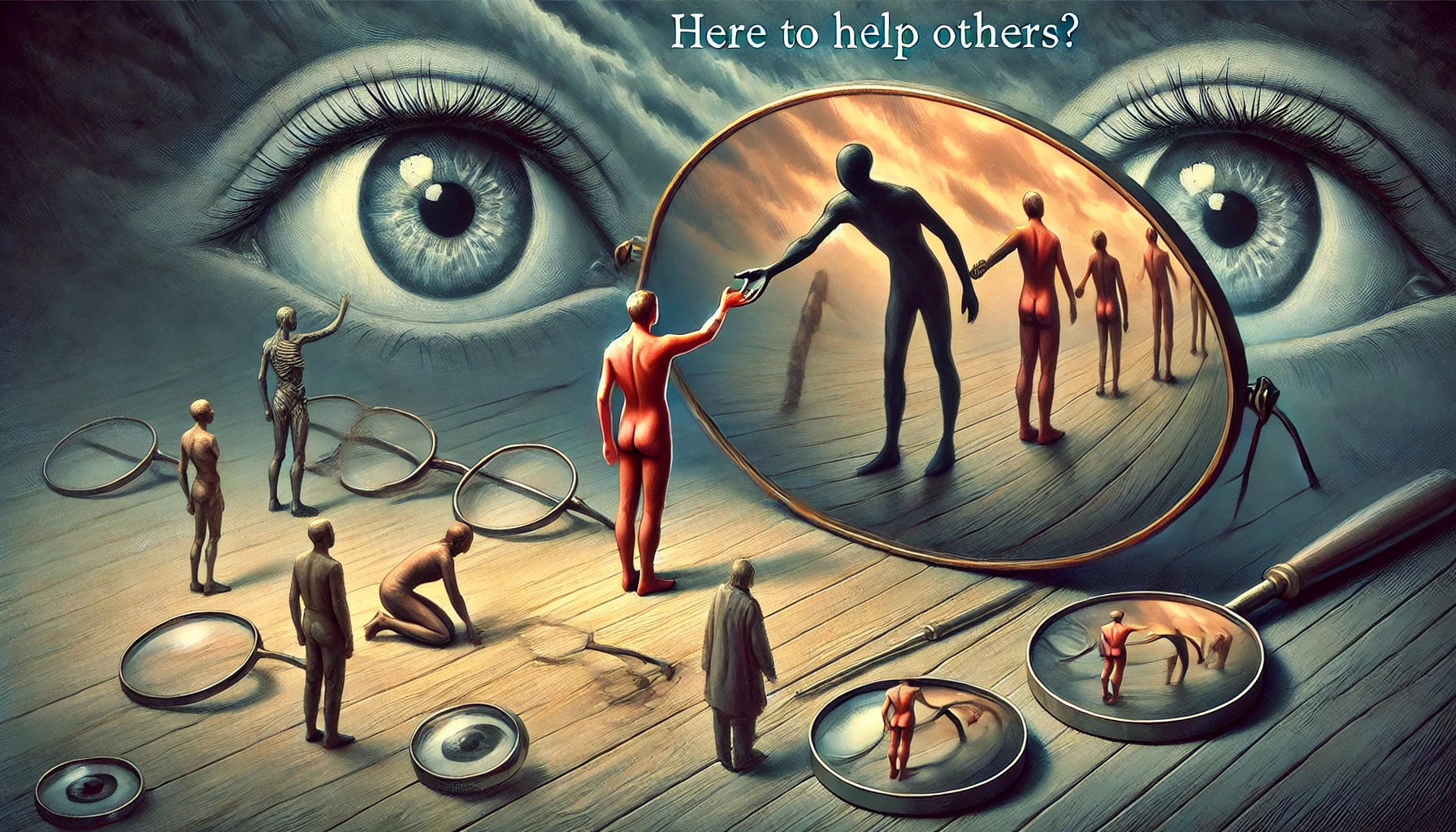







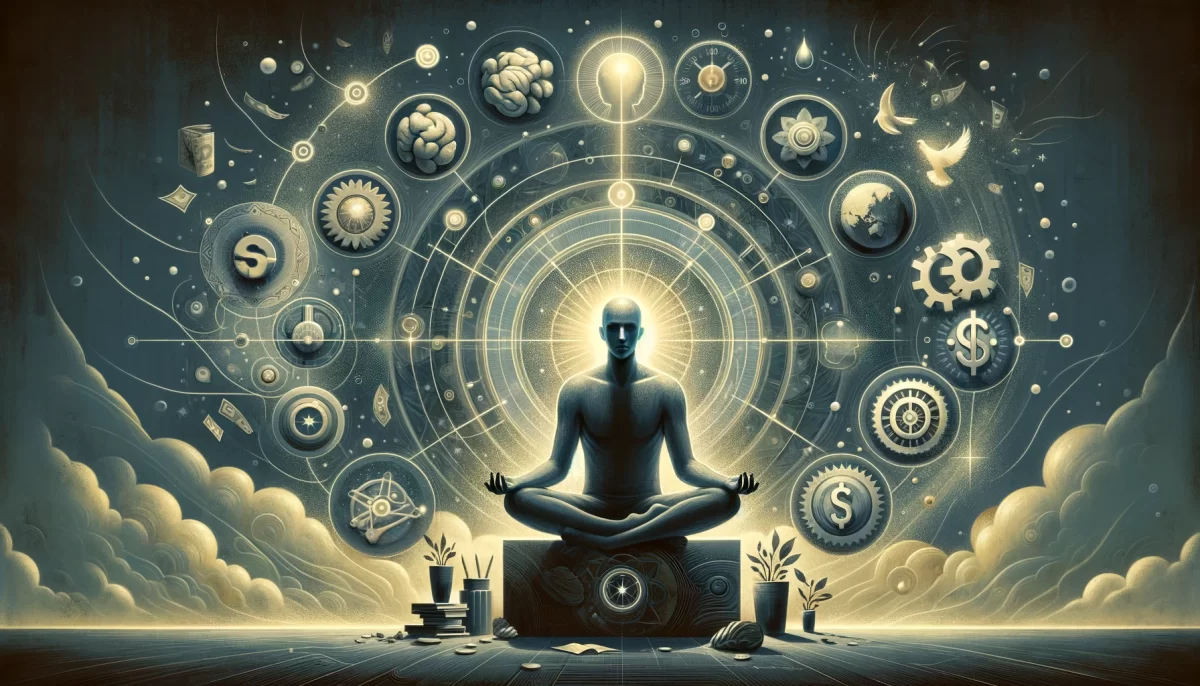
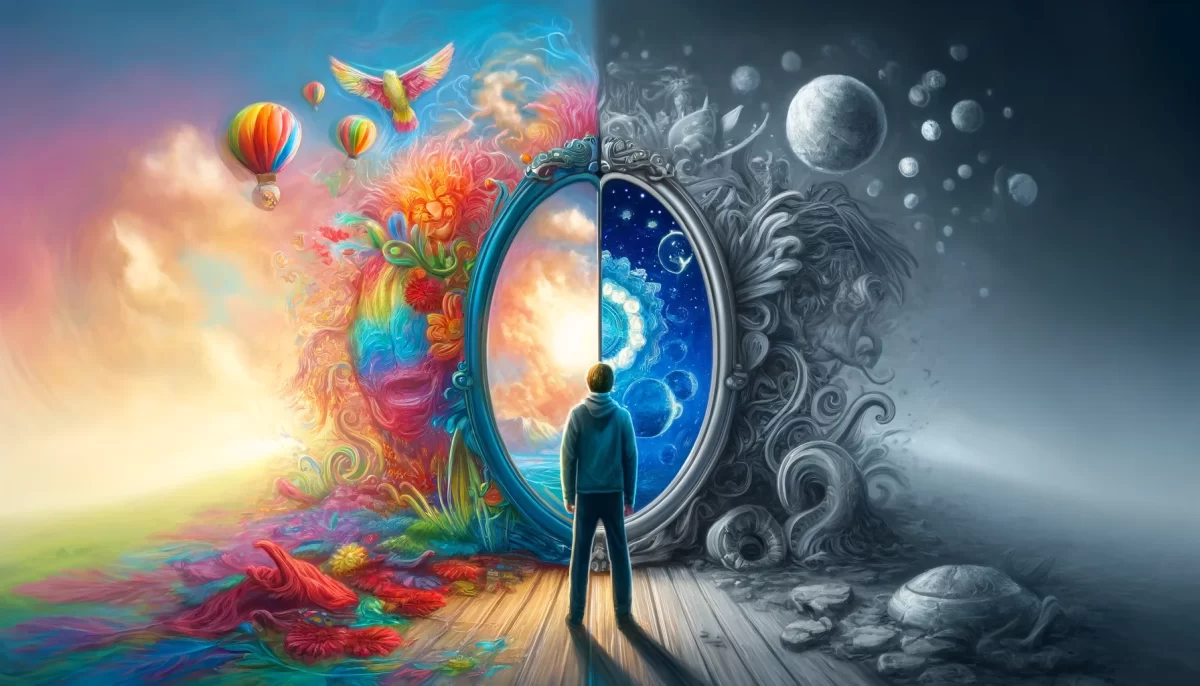



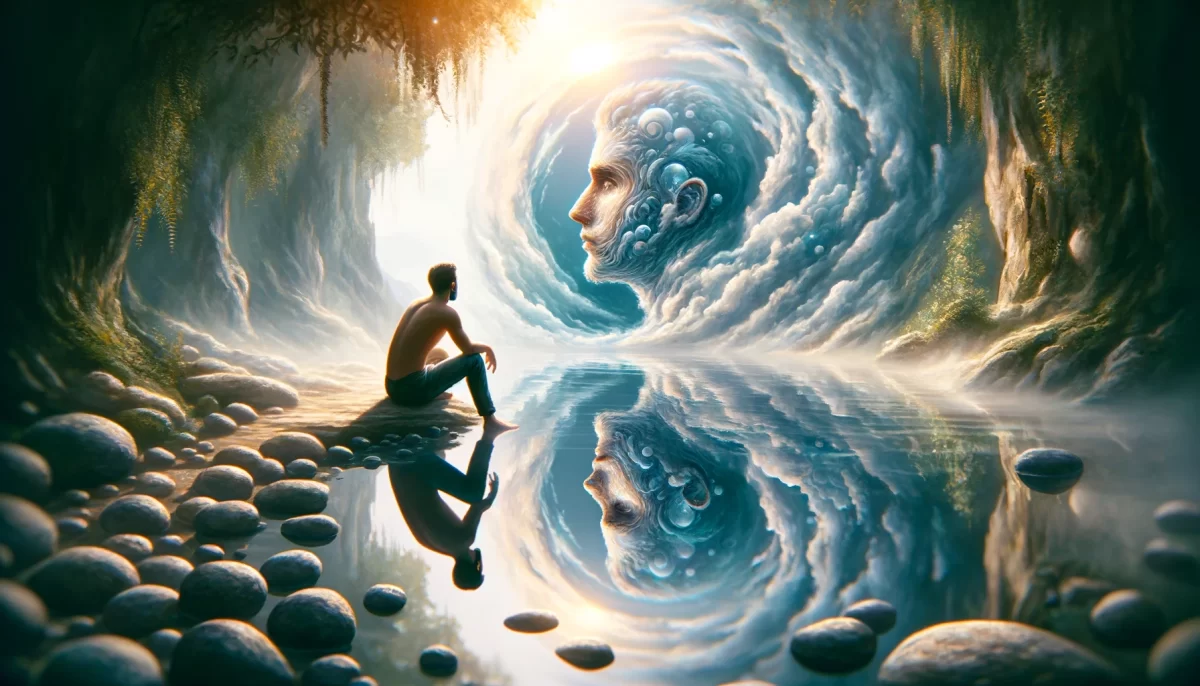

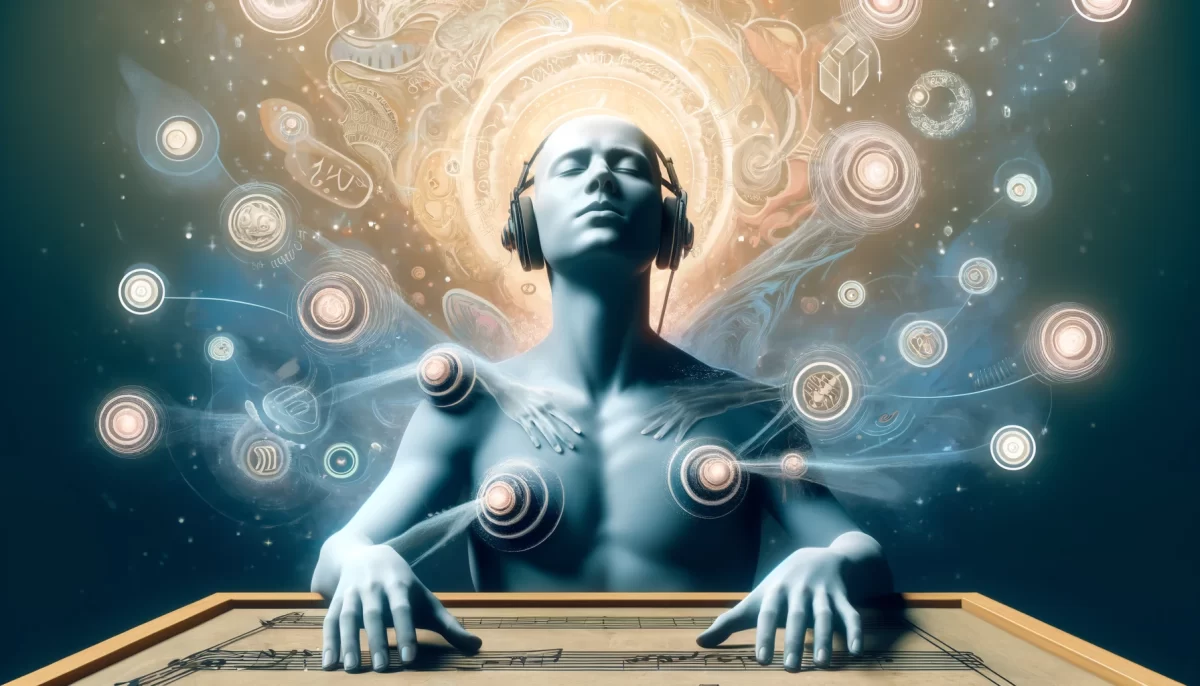


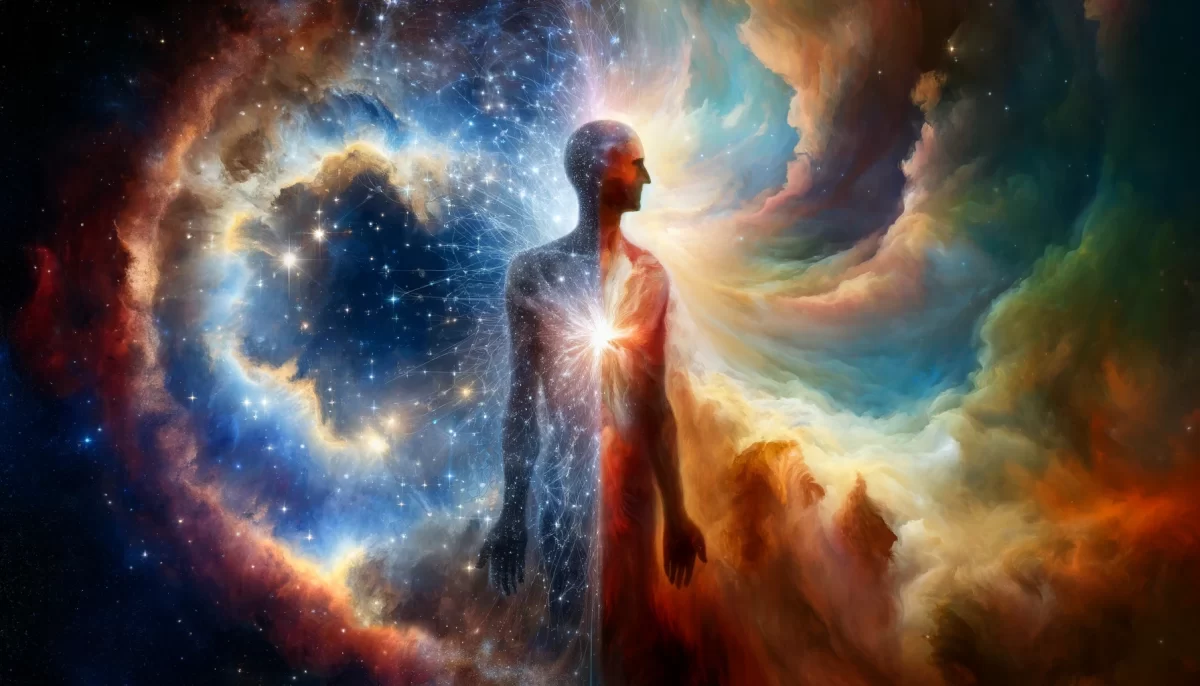



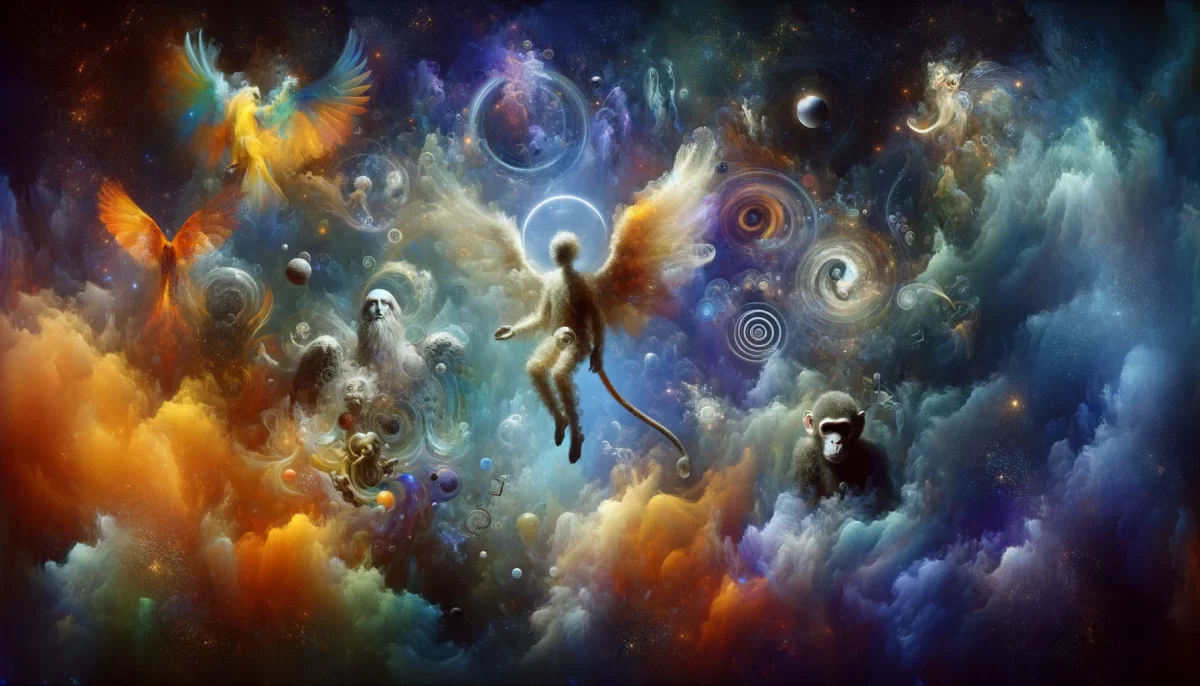


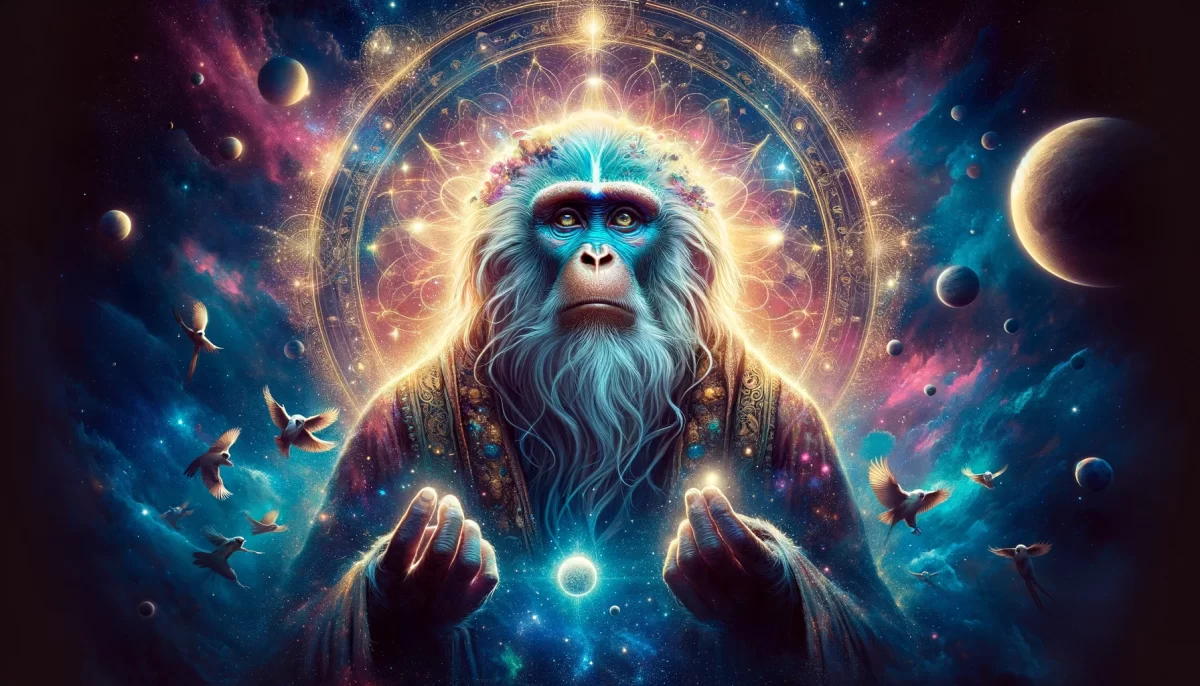
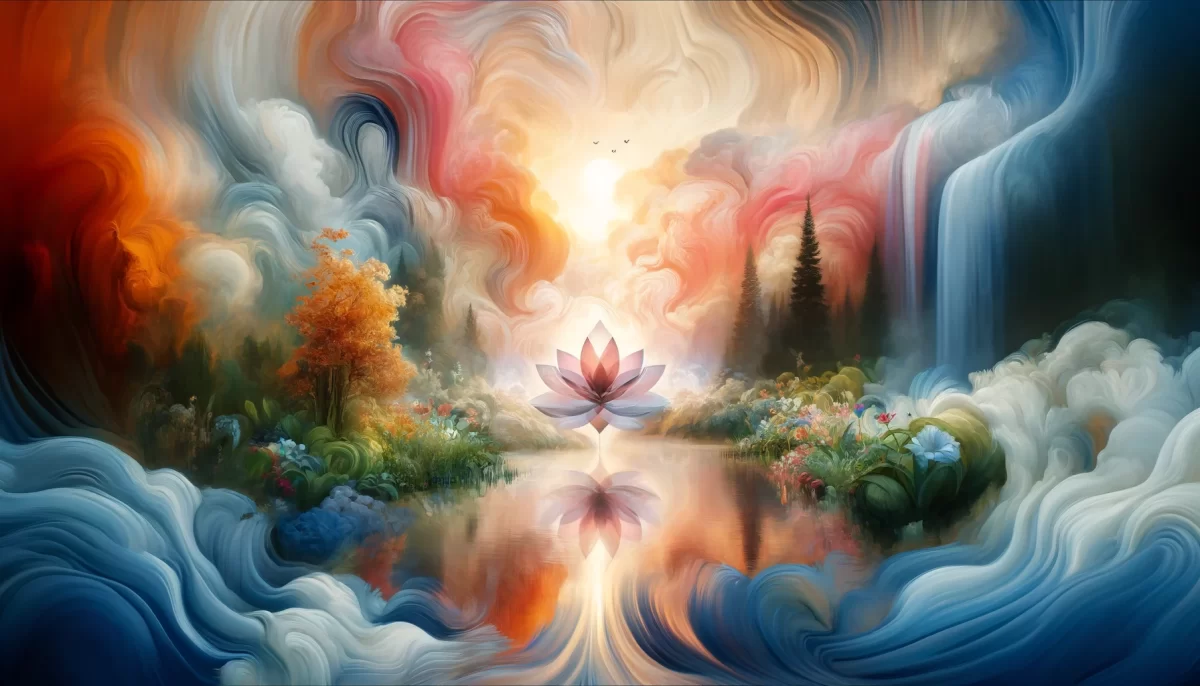
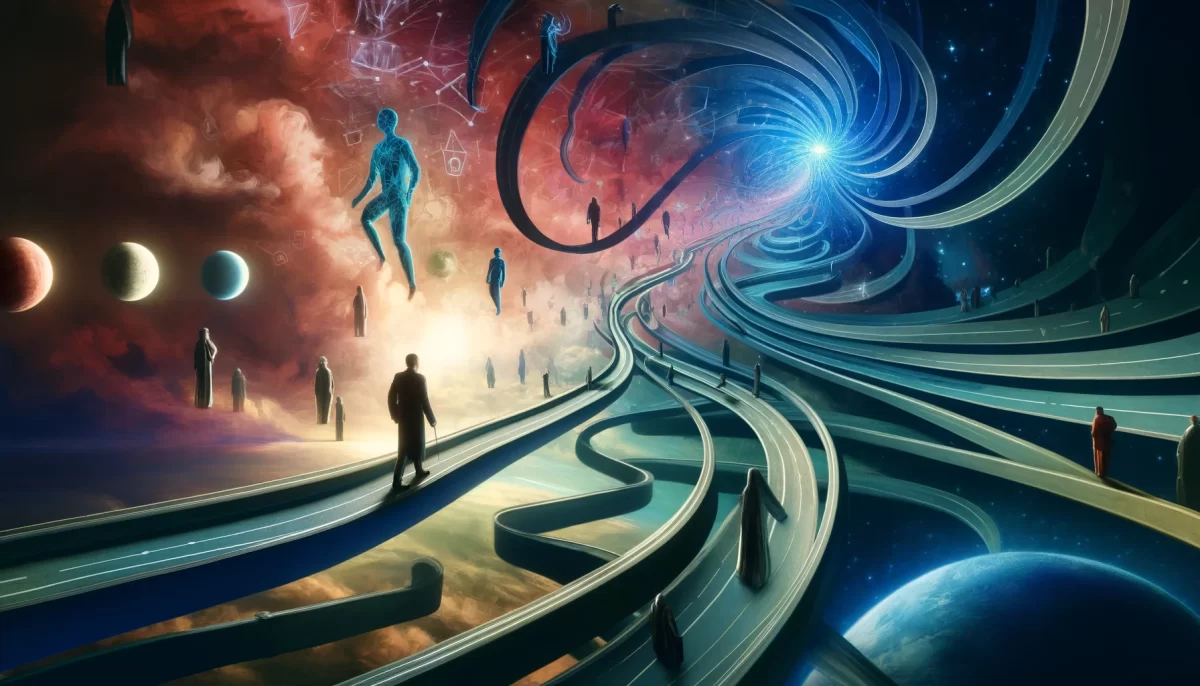
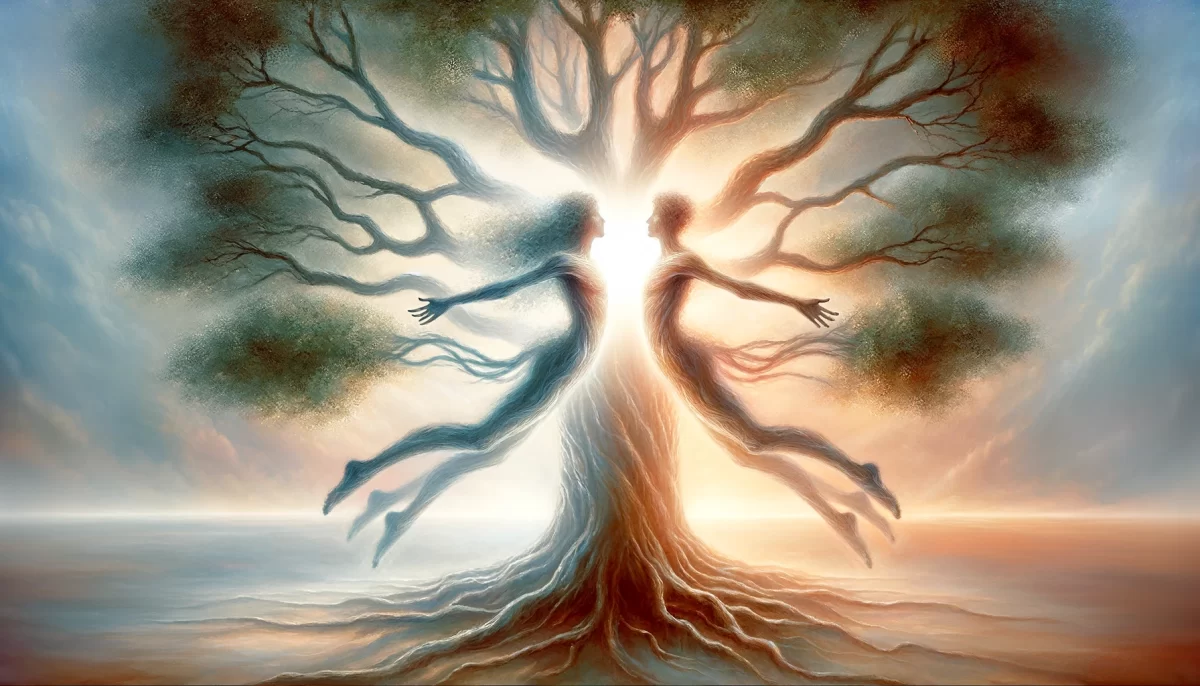
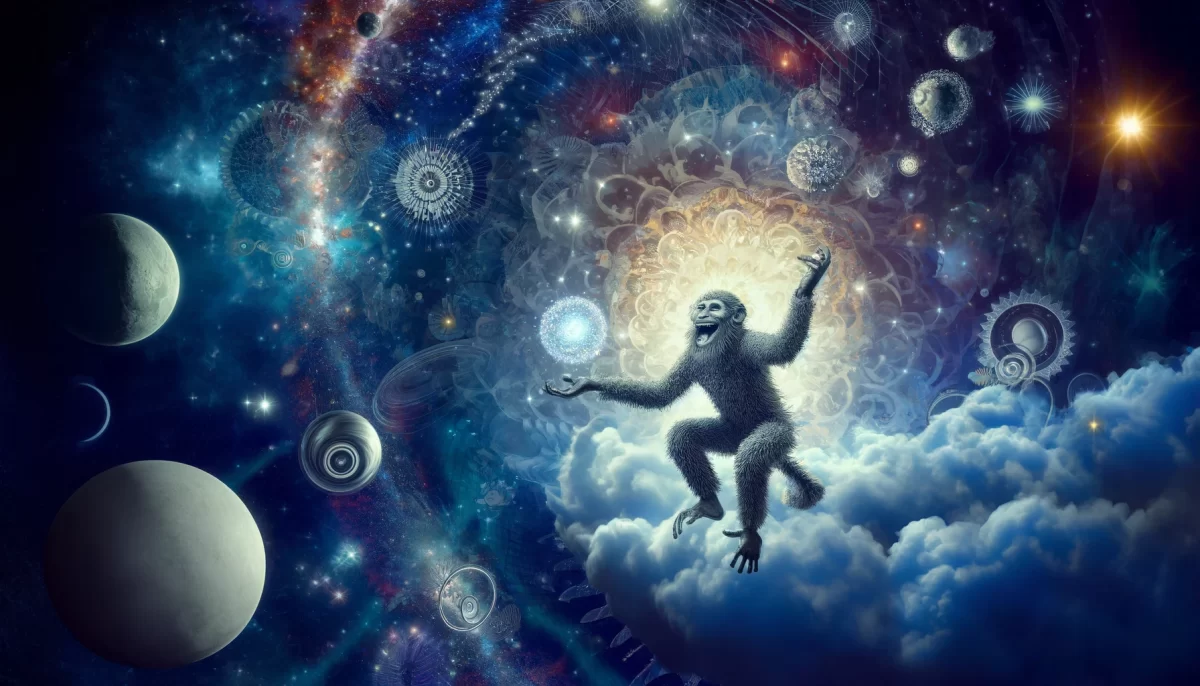
Leave a Reply